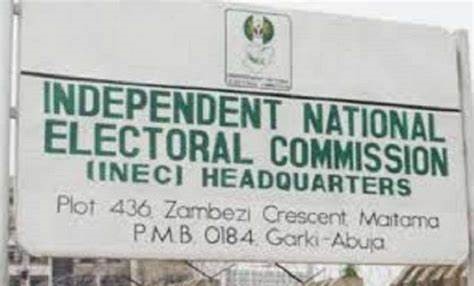A federal high court in Abuja has invalidated some sections of the Money Laundering (Prevention and Prohibition) Act 2022, which require lawyers to reveal the financial transactions of their clients.
Delivering judgment on Friday, Obiora Egwuatu, the presiding judge, held that sections 6, 7, 8, 9, 11, and 30 of the Money Laundering Act 2022 are contrary to the existing provisions of section 37 of the Constitution, section 20 and 21 of the Legal Practitioners Act, and section 192 of the Evidence Act 2011.
Arome Abu, a legal practitioner, filed the suit in January 2023, seeking to void aspects of sections 6, 7, 8, 9, 11, and 30 of the Money Laundering Act 2022 as they relate to lawyers.
Abu argued that similar provisions were contained in the 2011 amendment of the Money Laundering Act but were voided after it was challenged by the Nigerian Bar Association (NBA) in 2013.
Advertisement
The lawyer prayed the court to determine whether, in the light of the appellate court’s decision delivered on June 14, 2017, in CA/A/202/2015, “Section 6, 7, 8, 9, 11, and 30 of the Money Laundering (Prevention and Prohibition) Act 2022 in so far as they relate to legal practitioners are not unconstitutional, null and void, and of no effect whatsoever”.
He also prayed the court to declare that the re-inclusion of “legal practitioners and notaries” as “designated non-financial businesses and professions” under section 30 of the Money Laundering Act 2022, “undermines the confidentiality obligations lawyers owe their clients under Section 192 of the Evidence Act 2011 and Rule 19(1) of the Rules of Professional Conduct for legal practitioners”.
Abu sought an order from the court to lift the restriction placed on the bank accounts operated by his law firm. The accounts were restricted based on a circular issued by the Central Bank of Nigeria (CBN) in compliance with the Money Laundering Act of 2022.
Advertisement
Highlighting some of the issues in an affidavit supporting the suit, John Akinwumi, a lawyer, said: “Law professional privileges and client confidentiality have been purportedly abolished in relation to transactions touching on the purchase or sale of property, the purchase or sale of any business, the management of client money, securities, or other assets, the creation, operation, or management of trusts, companies, or similar structures.”
“Law firms have been purportedly re-categorized under the definition of designated non-financial businesses and professionals,” he added.
“Law firms are now purportedly obligated to register with the Special Control Unit Against Money Laundering (SCUML).
“Law firms are purportedly obligated to notify the Special Control Unit Against Money Laundering (SCUML) in writing within seven days of transactions, lodgements, or transfers of funds in excess of N5,000,000.00 or its equivalent in the case of individuals and N10,000,000.00 or its equivalent in the case of body corporate.
Advertisement
“Law firms are purportedly obligated to require customers to fill out a standard data form and present a valid means of identification prior to transactions exceeding US$1,000 or its equivalent.
“Law firms are purportedly obligated to keep a register of all transactions and forward the same to the Special Control Unit Against Money Laundering (SCUML).
“The act prescribes a fine of N250,000 for each day, amongst other sanctions for non-compliance.”
The defendants in the suit include the CBN, the Economic and Financial Crimes Commission (EFCC), Guaranty Trust Bank (GTB), and the attorney-general of the federation (AGF).
Advertisement
Egwuatu granted all the reliefs sought by the plaintiff and restrained the defendants from effecting the already voided sections relating to legal practitioners.
Advertisement
Add a comment










